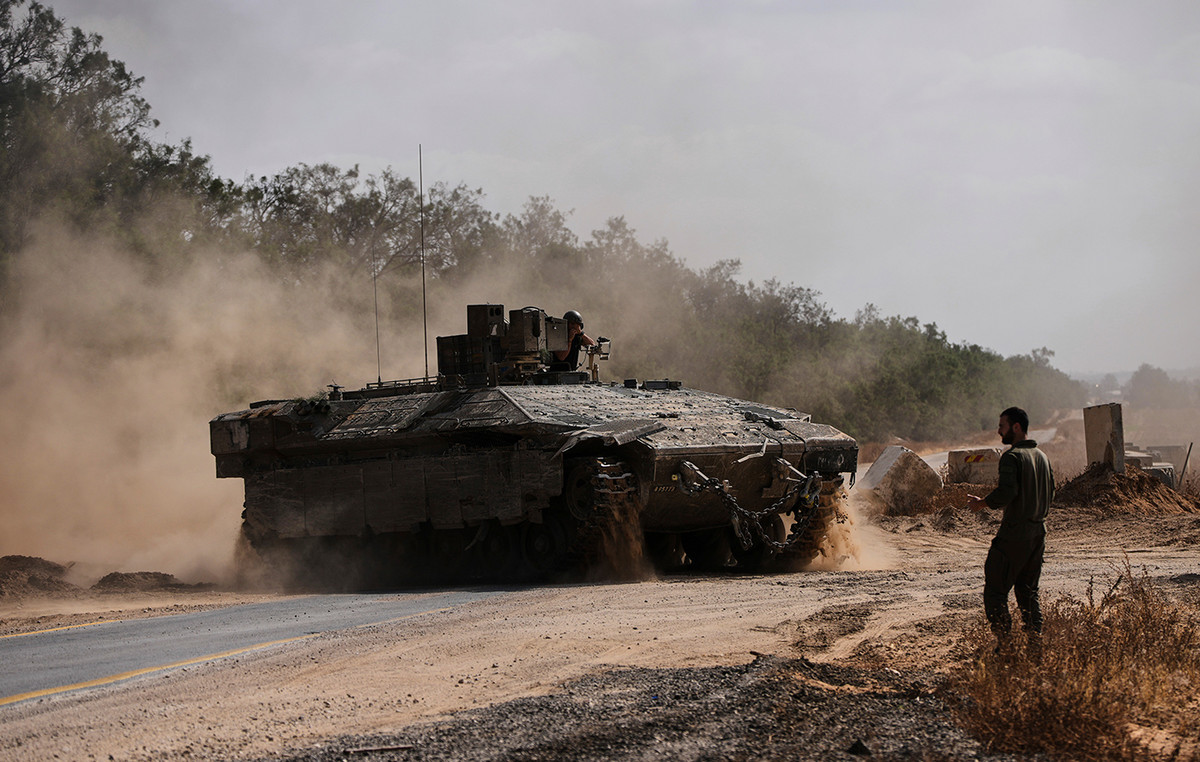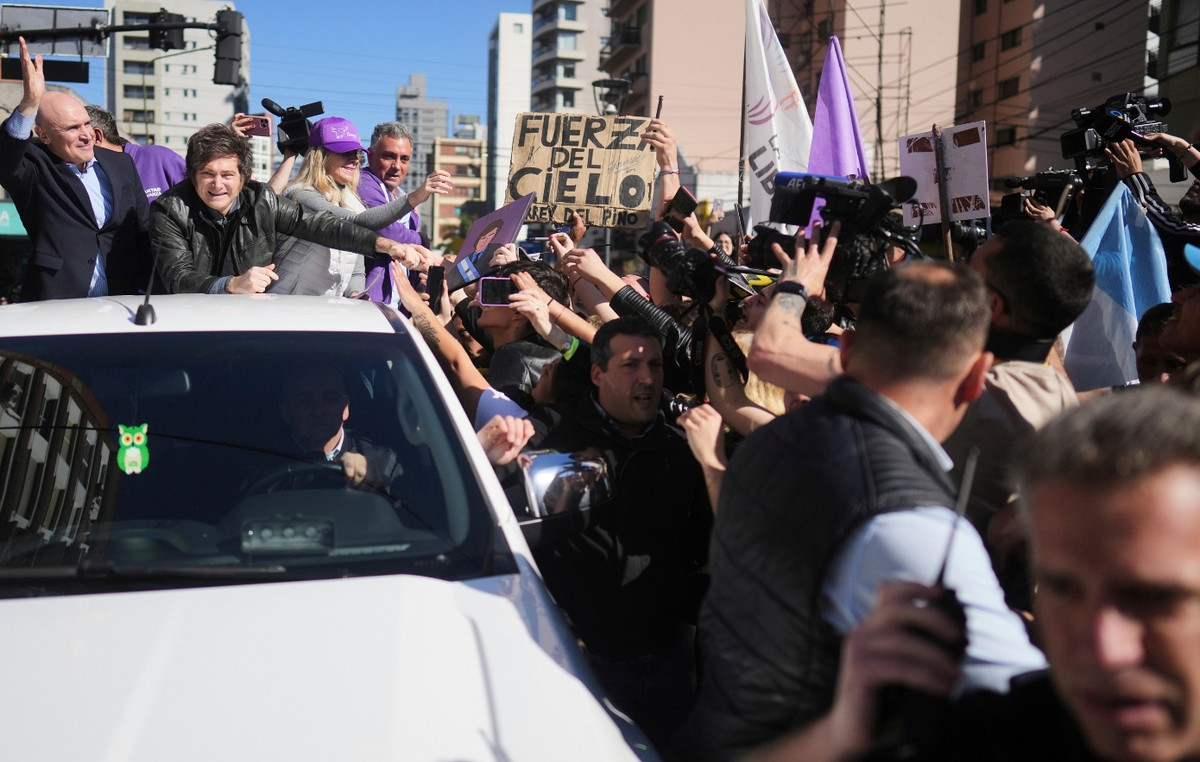An analysis by the Confederation of Goods for Services, Commerce and Tourism (CNC) points out that by the third quarter of this year, between the months of July and September, the tourism sector should return to the levels of the pre-pandemic period, in February. of 2020.
Also according to the Confederation, after the release of the Monthly Trade Survey (PMS) by the Brazilian Institute of Geography and Statistics (IBGE) on Thursday (12), the forecast for growth of 0.9% for the services sector this year , was revised to 1.6%.
The CNC economist responsible for the analysis, Fábio Bentes, says that the PMS result came above expectations, which led to the Confederation’s review of the sector’s revenue for the year.
For Bentes, despite not having recovered the revenue from February 2020, the tourism sector has made a significant advance. According to the economist, tourism was the worst sector in the “race” of economic recovery, and today it is 7% below the revenue recorded before the Covid-19 pandemic.
“This mini carnival in April should help the sector to eliminate the losses of the pandemic, and the months of June and July, as they are high season, which will also help the recovery of the sector”, he highlights.
CNC forecasts tourism growth of 2.4% in 2022. In 2021, the sector grew 22.1% compared to 2020, the first year of the pandemic, when restrictive measures were in force in Brazil.
“The increase in circulation is guaranteeing some progress, mainly, and the availability of extraordinary resources such as the Brazil aid, 13th anticipation for retirees and pensioners, and the extraordinary withdrawal of the FGTS.
This package of measures stimulates economic activity, which is being counterbalanced by the increase in interest rates”, he points out.
According to the CNC study, based on IBGE research on services, Brazilian tourism has already accumulated a loss of R$ 508.8 billion since the beginning of the pandemic.
In March, the difference between actual revenue generation and its monthly potential recorded a loss of R$9.0 billion. The states of São Paulo (R$ 222.1 billion) and Rio de Janeiro (R$ 66.1 billion) account for 57% of the national loss.
According to the financial vice president of the Brazilian Association of Travel Agencies (ABAV), Edmilson Rodrigues, the sector’s growth is expressive and there is a repressed demand by the public in relation to travel.
“We had a significant increase in sales and now in the second quarter we have seen a strong recovery. It is possible to compare the second quarter of 2022 with the second quarter of 2019. If it doesn’t come close, there will be very little left”, he analyzes.
“This year, I can say that we had an increase of more than 50% in sales in the second quarter compared to the first quarter of this year. Regarding the agencies, most of them already have their accounts in the blue. The biggest problem we have today is the lack of supply, because the demand is high. This makes the price more expensive, but the pace is good”, he adds.
The power segment, however, does not present the same data. Despite having an expectation of revenue of R$300 billion this year, the executive president of the Brazilian Association of Bars and Restaurants (Abrasel), Paulo Solmucci, points out that a third of the companies register losses.
“We are seeing an increase, as we are earning more than in 2019. It is a nice growth that obviously drives tourism. There was a positive consequence for those who consume, since in April, inflation inside the home in the last 12 months was 16.12% while food outside the home was 6.63%. Inflation is being the great villain of the moment. We are having difficulty for those who operate the bars and restaurants. This represents 34% of sites with a loss. Even so, we expect revenues to grow in the coming months”, emphasizes the executive president.
The president of the Hotel Association of the State of Rio (ABIH-RJ), Alfredo Lopes, informs that the hotel sector should improve as soon as there is a greater movement of foreigners. However, he explains that this year is marked by doubts, since the upcoming election period impacts the market.
“The hospitality sector started to improve from the second half of 2021 onwards. The market is being national, but we expect the presence of the international one by the end of the year. There is still no firm base, although the latest occupancy rates hit more than 80%. But we hope that the corporate market will help, as they move hotels with events. This year is full of uncertainties, mainly due to the election, which brings insecurity to companies as it is a complicated period”, observes Lopes.
Source: CNN Brasil







